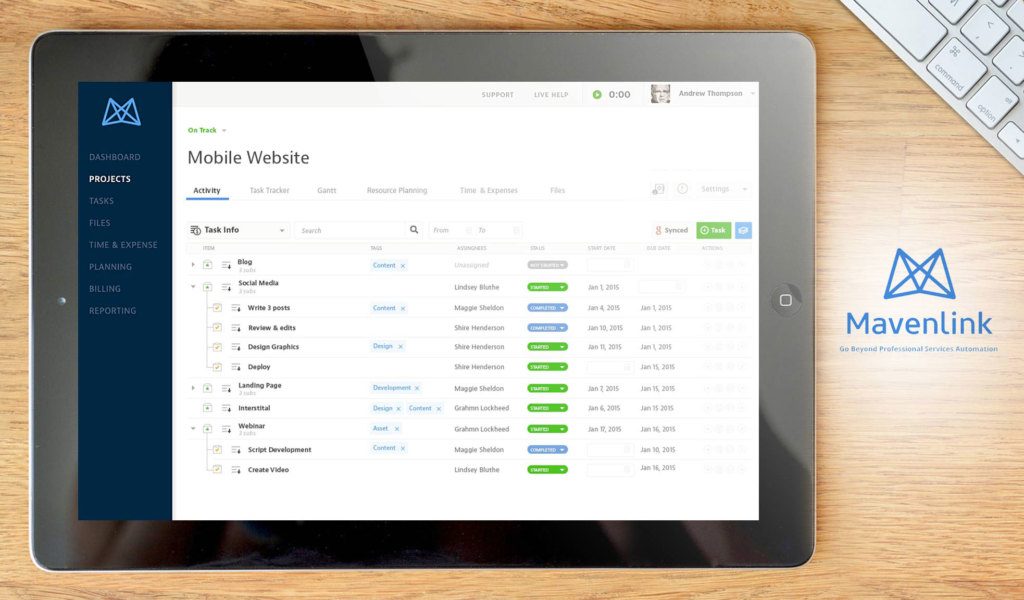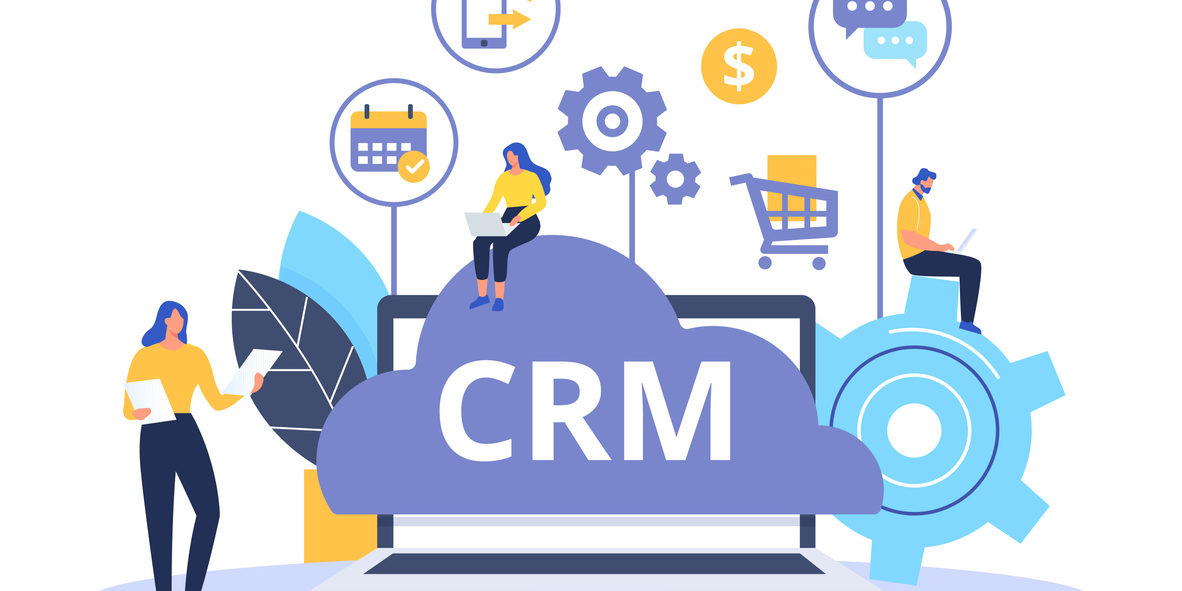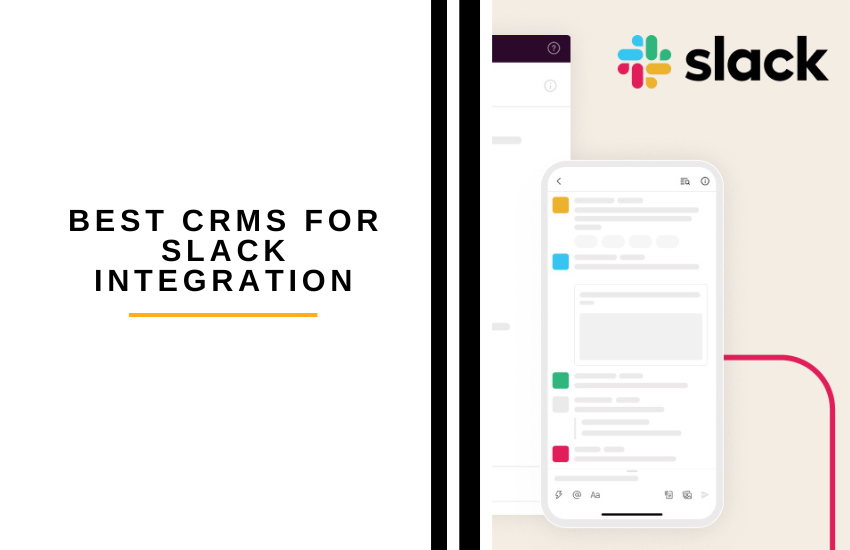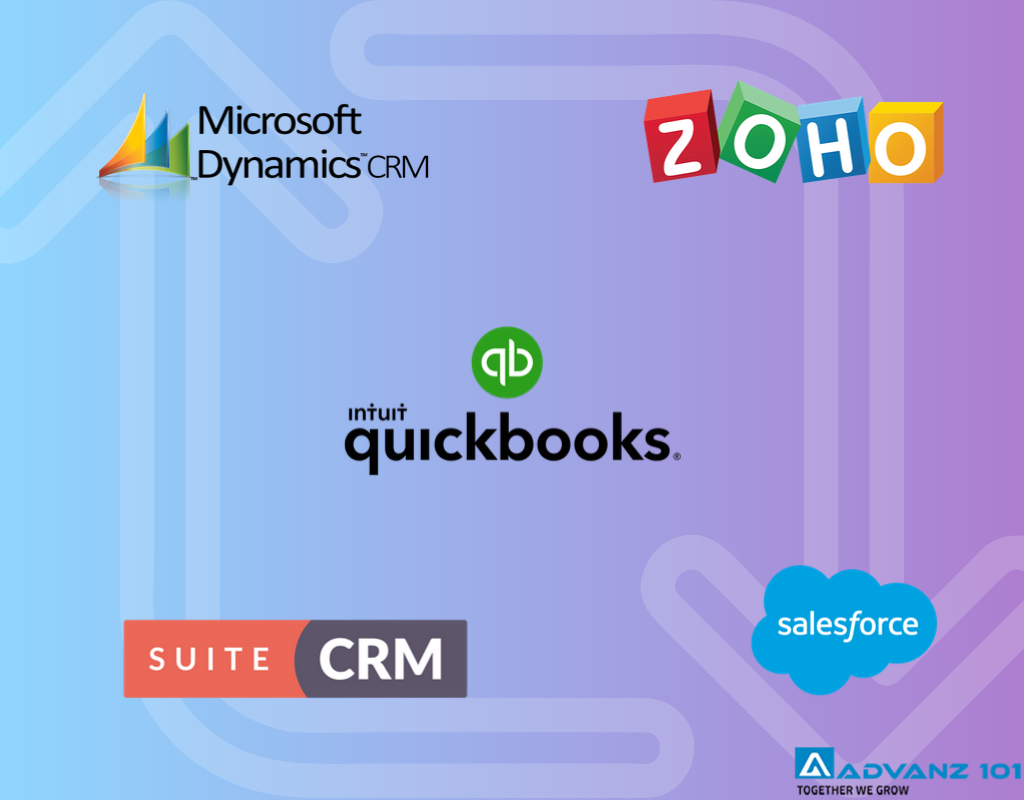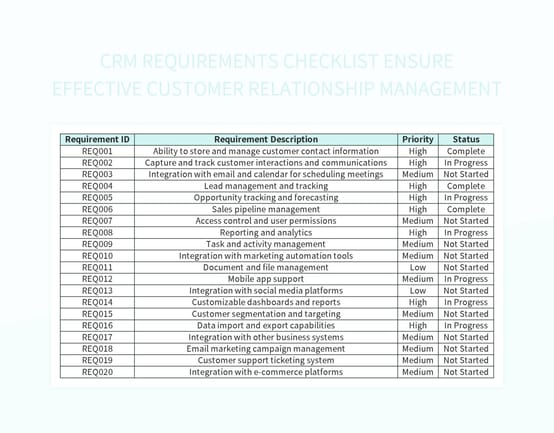Small Business CRM Solutions: Your Ultimate Guide to Choosing the Right CRM
Running a small business is a whirlwind. You’re juggling everything from product development and marketing to sales and customer service. In the midst of all this, it’s easy to let customer relationships fall by the wayside. That’s where a Customer Relationship Management (CRM) solution comes in. But with so many small business CRM solutions on the market, how do you choose the right one? This comprehensive guide will walk you through everything you need to know, from the basics of CRM to selecting the perfect solution for your unique needs.
What is a CRM and Why Does Your Small Business Need One?
At its core, a CRM is a system that helps you manage your interactions with current and potential customers. It’s more than just a contact list; it’s a centralized hub for all your customer data. This includes contact information, communication history, sales opportunities, and more. Think of it as the memory of your business when it comes to your customers.
For a small business, a CRM offers a multitude of benefits:
- Improved Customer Relationships: A CRM provides a 360-degree view of each customer, allowing you to personalize interactions and build stronger relationships.
- Increased Sales: By tracking leads, managing sales pipelines, and automating sales processes, a CRM can significantly boost your sales performance.
- Enhanced Efficiency: Automate repetitive tasks, such as data entry and email marketing, freeing up your time to focus on more strategic initiatives.
- Better Data Analysis: Gain valuable insights into customer behavior, sales trends, and marketing effectiveness, allowing you to make data-driven decisions.
- Improved Customer Service: Quickly access customer information and resolve issues efficiently, leading to higher customer satisfaction.
Without a CRM, small businesses often struggle with disorganized data, missed opportunities, and inefficient processes. This can lead to lost sales, frustrated customers, and ultimately, stunted growth. Investing in a CRM is an investment in your business’s future.
Key Features to Look for in Small Business CRM Solutions
The features you need will vary depending on your specific business needs, but some core features are essential for any small business CRM:
Contact Management
This is the foundation of any CRM. It allows you to store and organize all your customer contact information, including names, addresses, phone numbers, email addresses, and social media profiles. Look for features like:
- Contact Segmentation: Organize contacts into groups based on demographics, interests, or purchase history.
- Duplicate Contact Detection: Avoid creating multiple entries for the same customer.
- Import/Export Capabilities: Easily import and export contact data from spreadsheets or other systems.
Sales Automation
Sales automation features streamline your sales process and free up your sales team’s time. Key features include:
- Lead Management: Track leads from initial contact to conversion.
- Sales Pipeline Management: Visualize your sales pipeline and track deals at each stage.
- Task Automation: Automate tasks such as sending follow-up emails, scheduling calls, and creating tasks.
- Deal Tracking: Monitor the progress of sales deals and identify potential roadblocks.
Marketing Automation
Marketing automation features help you nurture leads, personalize your marketing efforts, and improve your ROI. Look for features like:
- Email Marketing: Create and send targeted email campaigns.
- Lead Scoring: Identify high-potential leads based on their behavior and engagement.
- Marketing Automation Workflows: Automate marketing tasks, such as sending welcome emails or nurturing leads through a sales funnel.
- Social Media Integration: Connect with your customers on social media platforms.
Reporting and Analytics
Reporting and analytics features provide valuable insights into your sales performance, marketing effectiveness, and customer behavior. Look for features like:
- Sales Reports: Track sales revenue, deal closures, and sales team performance.
- Marketing Reports: Measure the effectiveness of your marketing campaigns.
- Customer Segmentation Reports: Analyze customer data to identify trends and patterns.
- Customizable Dashboards: Create dashboards that display the metrics that are most important to your business.
Integration Capabilities
The ability to integrate with other business tools is crucial for a seamless workflow. Look for integration with:
- Email Providers: Gmail, Outlook, etc.
- Accounting Software: QuickBooks, Xero, etc.
- E-commerce Platforms: Shopify, WooCommerce, etc.
- Social Media Platforms: Facebook, Twitter, LinkedIn, etc.
- Other Business Apps: Zapier (for connecting to thousands of other apps)
Customer Service Features
For businesses that prioritize customer service, these features are critical:
- Help Desk: Manage customer inquiries and support tickets.
- Live Chat: Provide real-time support to website visitors.
- Knowledge Base: Create a self-service portal for customers to find answers to their questions.
- Customer Feedback Surveys: Gather feedback to improve customer satisfaction.
Mobile Accessibility
In today’s fast-paced world, it’s essential to have access to your CRM data on the go. Look for CRM solutions with mobile apps or responsive web designs that allow you to access your data from your smartphone or tablet.
Top Small Business CRM Solutions: A Comparative Overview
The CRM market is vast, with solutions ranging from simple, free options to complex, enterprise-level platforms. Here’s a look at some of the top contenders for small businesses:
1. HubSpot CRM
Best for: Businesses looking for a free, all-in-one CRM solution with robust marketing automation features.
HubSpot offers a free CRM that’s surprisingly powerful, especially for small businesses. It includes contact management, deal tracking, task management, and basic email marketing features. The free version is a great starting point, and paid plans offer more advanced features like marketing automation, sales automation, and customer service tools.
Pros:
- Free, user-friendly interface
- Excellent marketing automation capabilities
- Strong integration with other HubSpot tools
- Good for businesses that are heavily focused on content marketing
Cons:
- Limited features in the free version
- Can become expensive as your business grows and you need more features
2. Zoho CRM
Best for: Businesses seeking a versatile and affordable CRM solution with a wide range of features and customization options.
Zoho CRM is a popular choice for small businesses due to its affordability and comprehensive feature set. It offers a free plan for up to three users and affordable paid plans with more advanced features. Zoho CRM provides a wide range of features, including contact management, sales automation, marketing automation, and customer service tools.
Pros:
- Affordable pricing plans
- Highly customizable
- Wide range of features
- Good for businesses that need a lot of flexibility
Cons:
- Can be overwhelming for new users due to the large number of features
- Interface can feel a bit clunky at times
3. Pipedrive
Best for: Sales-focused businesses that want a simple, intuitive CRM with a strong emphasis on sales pipeline management.
Pipedrive is a sales-focused CRM designed to help sales teams manage their deals and close more sales. It features a visually appealing and intuitive interface, making it easy to track deals and manage your sales pipeline. Pipedrive offers a range of features, including lead management, deal tracking, and sales reporting.
Pros:
- User-friendly interface
- Strong sales pipeline management features
- Easy to learn and use
Cons:
- Limited marketing automation capabilities compared to other CRMs
- Can be less customizable than other options
4. Salesforce Essentials
Best for: Businesses that want a CRM solution from a trusted brand with a good reputation and a strong feature set, without the complexity of the full Salesforce platform.
Salesforce Essentials is a simplified version of the Salesforce platform, designed specifically for small businesses. It offers a range of features, including contact management, sales automation, and basic customer service tools. Salesforce Essentials is a good choice for businesses that are looking for a scalable CRM solution that can grow with their business.
Pros:
- Reputable brand
- Scalable solution
- Strong feature set
Cons:
- Can be more expensive than other options
- Can be complex to set up and configure
5. Freshsales
Best for: Businesses seeking an all-in-one CRM solution with built-in phone, email, and chat features.
Freshsales, by Freshworks, is known for its user-friendly interface and focus on sales productivity. It includes features like built-in phone functionality, email integration, and chat support. Freshsales is a great option for businesses that want to streamline their sales and customer communication.
Pros:
- User-friendly interface
- Built-in phone, email, and chat features
- Good for sales teams that need to communicate with leads and customers frequently
Cons:
- Some users report that the reporting features are less robust than those of other CRMs
- Customization options may be limited compared to other platforms
6. Agile CRM
Best for: Small businesses looking for a CRM with marketing automation and a good value-for-money proposition.
Agile CRM offers a comprehensive suite of features, including contact management, sales automation, marketing automation, and customer service tools, all at a reasonable price point. It’s a good option for businesses that want a CRM that can handle all aspects of their customer interactions.
Pros:
- Affordable pricing
- Comprehensive feature set
- Good marketing automation capabilities
Cons:
- Interface can feel a bit dated
- Customer support can be slow to respond
How to Choose the Right CRM for Your Small Business
Choosing the right CRM is a crucial decision. Here’s a step-by-step guide to help you make the right choice:
1. Define Your Needs and Goals
Before you start evaluating CRM solutions, take some time to define your needs and goals. What are you hoping to achieve with a CRM? What are your biggest pain points? Consider the following questions:
- What are your sales goals? Are you looking to increase sales, improve lead conversion rates, or shorten your sales cycle?
- What are your customer service goals? Are you aiming to improve customer satisfaction, reduce response times, or resolve more issues on the first contact?
- What are your marketing goals? Are you looking to generate more leads, nurture leads through the sales funnel, or improve your marketing ROI?
- What are your current challenges? What are the biggest bottlenecks in your sales, marketing, and customer service processes?
- What features do you need? Based on your goals and challenges, identify the essential features you need in a CRM.
2. Identify Your Budget
CRM solutions vary widely in price, from free options to enterprise-level platforms that can cost thousands of dollars per month. Determine how much you’re willing to spend on a CRM. Consider not only the monthly subscription cost but also any implementation costs, training costs, and ongoing maintenance costs.
3. Research and Evaluate CRM Solutions
Once you have a clear understanding of your needs and budget, start researching different CRM solutions. Read reviews, compare features, and consider the following factors:
- Ease of Use: Choose a CRM that is easy to learn and use, especially if you don’t have a dedicated IT team.
- Scalability: Choose a CRM that can grow with your business.
- Integrations: Ensure that the CRM integrates with the other tools you use, such as your email provider, accounting software, and e-commerce platform.
- Customer Support: Look for a CRM provider that offers good customer support, including documentation, training, and responsive customer service.
- Security: Ensure that the CRM provider has robust security measures in place to protect your customer data.
4. Request Demos and Free Trials
Most CRM providers offer demos or free trials. Take advantage of these opportunities to test the software and see how it fits your needs. During the demo or trial, pay attention to the following:
- User Interface: Is the interface intuitive and easy to navigate?
- Features: Does the CRM offer the features you need?
- Performance: Does the CRM perform smoothly and efficiently?
- Integration: Does the CRM integrate with your other tools?
- Customer Support: How responsive and helpful is the customer support team?
5. Consider Your Team’s Needs
Involve your team in the decision-making process. Get their input on which features are most important to them and how the CRM will impact their daily workflow. Make sure the CRM solution you choose is easy for your team to adopt and use.
6. Implement and Train Your Team
Once you’ve selected a CRM, it’s time to implement it and train your team. This can involve importing your data, configuring the system, and training your team on how to use the software. Provide ongoing training and support to ensure that your team is using the CRM effectively.
7. Monitor and Optimize
After you’ve implemented your CRM, it’s important to monitor its performance and make adjustments as needed. Track key metrics, such as sales revenue, lead conversion rates, and customer satisfaction. Regularly review your CRM configuration and make changes to optimize its performance.
Common Mistakes to Avoid When Implementing a CRM
Implementing a CRM can be a game-changer for your small business, but it’s not without its challenges. Avoiding these common pitfalls can significantly increase your chances of success:
- Failing to Define Your Goals: Without clear goals, you won’t know what you’re trying to achieve with your CRM.
- Choosing the Wrong CRM: Select a CRM based on your business needs, not just on price or popularity.
- Not Involving Your Team: Get your team’s input and buy-in to ensure they’re comfortable using the CRM.
- Poor Data Migration: Ensure that your data is migrated accurately and completely.
- Lack of Training: Provide adequate training to your team to ensure they know how to use the CRM effectively.
- Neglecting Data Hygiene: Keep your data clean and up-to-date to ensure that your CRM provides accurate insights.
- Not Adapting to Change: Be prepared to adapt your CRM configuration and processes as your business grows and evolves.
- Not Measuring Results: Track key metrics to measure the effectiveness of your CRM and make adjustments as needed.
The Future of CRM for Small Businesses
The CRM landscape is constantly evolving, with new technologies and features emerging all the time. Here’s a glimpse into the future of CRM for small businesses:
- Artificial Intelligence (AI): AI-powered CRM solutions are becoming increasingly sophisticated, offering features such as predictive analytics, automated data entry, and personalized customer interactions.
- Mobile-First Approach: CRM solutions are becoming more mobile-friendly, allowing you to access your data and manage your customer relationships from anywhere.
- Integration with Emerging Technologies: CRM solutions are integrating with new technologies, such as the Internet of Things (IoT) and virtual reality (VR), to provide even more insights and opportunities for customer engagement.
- Focus on Customer Experience: CRM solutions are becoming more focused on customer experience, with features that help you personalize interactions, build stronger relationships, and provide exceptional customer service.
- Greater Automation: Automation is becoming more pervasive, with CRMs automating more and more tasks, freeing up your time to focus on strategic initiatives.
The future of CRM for small businesses is bright. By embracing these trends, you can stay ahead of the curve and leverage CRM to drive growth and success.
Conclusion: Embracing CRM for Small Business Success
Choosing the right CRM solution can be a pivotal decision for your small business. It’s not just about managing contacts; it’s about building stronger customer relationships, streamlining your sales process, and ultimately, driving growth. By understanding the benefits of CRM, identifying your specific needs, and carefully evaluating the available solutions, you can select a CRM that empowers your team and sets your business up for success.
Don’t let the complexity of the CRM market overwhelm you. Start by defining your goals, researching your options, and taking advantage of free trials and demos. With the right CRM in place, you can transform your customer relationships and propel your small business to new heights. The journey might seem daunting at first, but the rewards—increased sales, improved customer satisfaction, and a more efficient business—are well worth the effort. Embrace the power of CRM, and watch your small business thrive.

